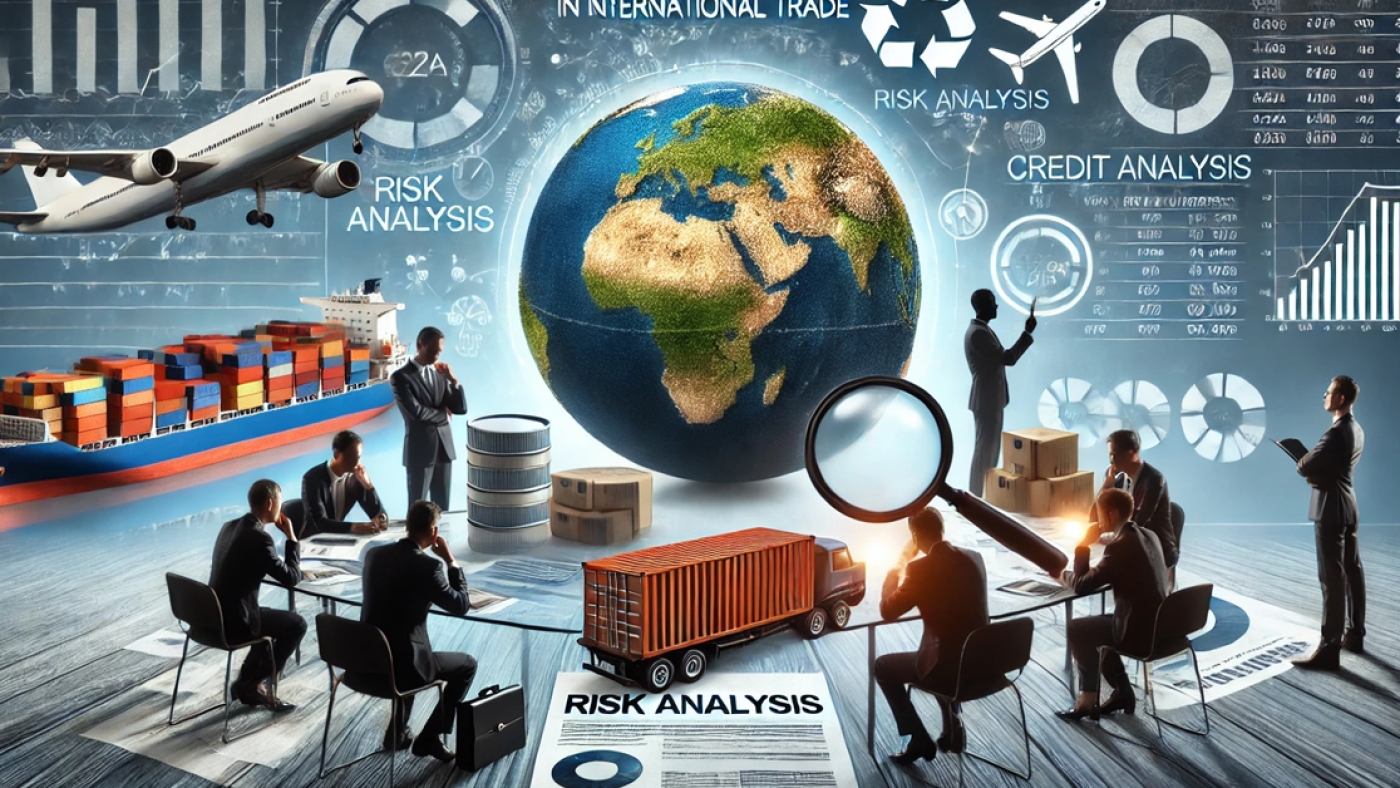Introduction
International trade offers businesses significant growth opportunities, but it also comes with a variety of risks. From fluctuating exchange rates to supply chain disruptions, the import process is full of potential challenges that can impact your business. Risk management strategies play a critical role in safeguarding your company against these unexpected hurdles. In this blog post, we’ll explore how effective risk management can protect your business and ensure smooth operations in the international trade arena.
1. Identifying Potential Risks in International Trade
The first step in risk management is identifying the various risks that could affect your business. In international trade, these risks can range from political instability in exporting countries to sudden changes in import regulations. Additionally, currency fluctuations and transportation delays can disrupt your supply chain and increase costs.
(h3) Risk Reduction Strategy:
- Conduct market research: Understand the political and economic climate of the countries you’re trading with.
- Use insurance: Protect your shipments against loss or damage by securing cargo insurance.
- Stay informed: Keep up-to-date with international trade regulations to avoid compliance issues.
2. Managing Currency and Exchange Rate Risks
Currency fluctuations are one of the most common challenges in international trade. Exchange rates can shift suddenly, affecting the cost of goods and profits. Importers need to be prepared for these fluctuations to avoid unexpected financial losses.
(h3) Risk Reduction Strategy:
- Use hedging strategies: Financial tools such as forward contracts can lock in exchange rates, protecting your business from fluctuations.
- Set flexible pricing: Factor in currency variability when pricing imported goods to maintain profit margins.
3. Handling Supply Chain Disruptions
Delays in transportation, production, or customs clearance can disrupt the supply chain and delay delivery. In the worst cases, this can lead to lost revenue and damaged customer relationships.
(h3) Risk Reduction Strategy:
- Diversify suppliers: Relying on multiple suppliers can reduce the risk of production or delivery delays.
- Implement contingency plans: Have backup transportation or warehousing solutions in place to handle disruptions.
- Monitor shipments: Use tracking technology to keep a close eye on the progress of your goods.
4. Ensuring Regulatory Compliance
Every country has its own set of rules for importing and exporting goods. Failure to comply with international trade regulations can result in fines, delays, or even the seizure of goods.
(h3)Risk Reduction Strategy:
- Work with customs brokers: Partner with professionals who specialize in navigating the complexities of customs laws and regulations.
- Regular audits: Perform compliance audits to ensure all procedures and documentation are accurate and up-to-date.
5. Mitigating Geopolitical and Market Risks
Political instability or sudden policy changes in the country of import or export can create significant risks for international businesses. These risks include sanctions, tariffs, and changes in import/export laws.
(h3) Risk Reduction Strategy:
- Stay informed: Regularly monitor geopolitical developments that could impact your trade routes.
- Diversify markets: Avoid over-reliance on a single region by diversifying your markets and expanding your business footprint globally.
- Build strong relationships: Strong connections with local partners and authorities can provide support during uncertain times.
Conclusion
Risk is an inevitable part of international trade, but with the right risk management strategies, businesses can minimize the impact of these challenges. By identifying potential risks, using financial tools, diversifying supply chains, and staying compliant with regulations, your company can successfully navigate the uncertainties of the global market. Effective risk management not only safeguards your business but also strengthens your position in the international trade landscape, enabling you to seize opportunities and thrive.


Add a Comment